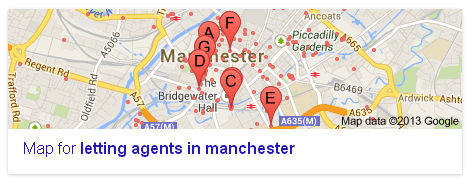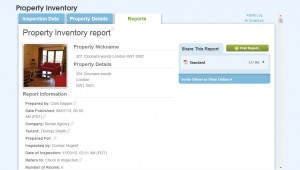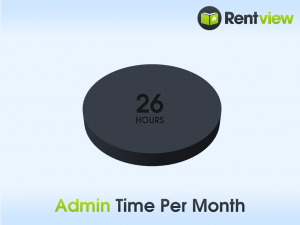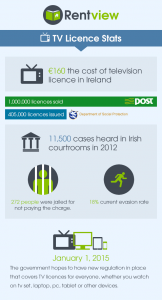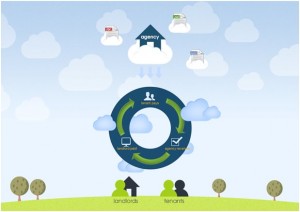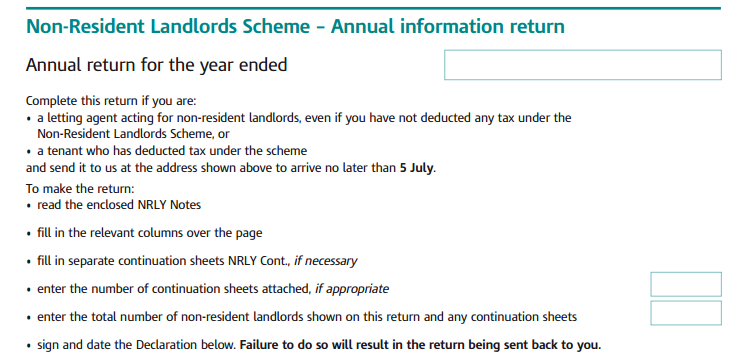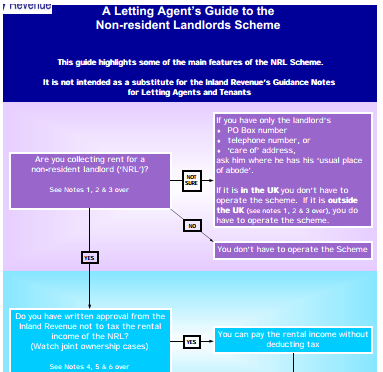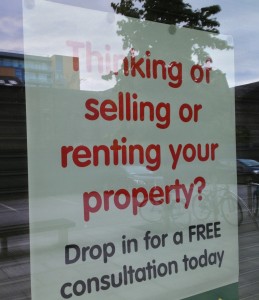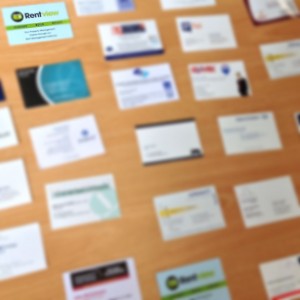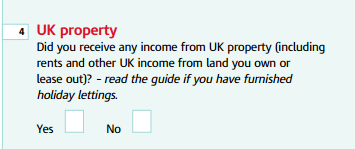How to find landlords for your letting agency
“How to find Landlords?” is perhaps the most frequently asked question for all Letting Agents. It is such an important question because new Landlords/property listings are vital to the Letting Agent surviving in today’s competitive market as well as ensuring the business grows.
The answer to this question is not just one simple solution; there are many tools which the Letting Agent can use to find new landlords. Some of these tools have been around for many years and very popular while other tools such as SEO marketing, while in existence for some time have not been embraced by the masses yet within the lettings industry. Today’s Letting Agent needs to embrace all of the tools at his/her disposal; otherwise opportunities for new business are unnecessarily missed. Give yourself the best chance – don’t limit yourself or your business by not using the following tools:
How to find landlords using Search Engine Optimisation (SEO)
With the explosion of Smartphone use and better broadband connection speed over the last couple of years, we are increasingly connected to the internet. With Google being the no 1 search engine to find local based letting agents you need to be found under the keywords your landlords are typing. When thinking about how to find landlords, you must think about how landlords find you in searches.
For instance, if you were based in Manchester and looking to be found under ‘Letting agents Manchester’ you would need do some search engine optimisation on your website for this term in order to direct traffic to your site. This is a very competitive term with 720 searches per month for “Letting agents Manchester”. To put things in perspective for your business; if just 10 of these landlords found your website and only 5 of these 10 landlords signed up for your management fee this could result in over £6000+ in revenue per annum from fees. Optimising is worth the effort.
Adding your business to Google Places for business will help your search engine ranking too! To find out how, click here.
How to find landlords using pay per click advertising on Google
Google adwords allows you to advertise your Letting/ Estate Agency directly to landlords who are looking for Letting Agents using specific search terms. The reason Google is so successful for business is because the user who is typing is usually very close to the point of sale. When a landlord types in a long tail keyword term they are usually really specific about what they are looking for. An example of a long tail keyword is ‘letting agents Birmingham’.
When you are setting up your pay per click Google campaign you should research the keywords you would like to be found under. Google will request you join Google adwords which is free but you may need to sync a credit card with the account. You can then use the google keyword tool planner to see which keywords are being currently used in searches and you can then tailor your campaign around these keywords.

How to find landlords using Referrals
Receiving a referral from your existing landlords should be an easy process if you have proven your excellent Letting or Management Service to your Landlord. Build on this good working relationship with your landlord by picking up the phone or emailing and checking in with your landlords – don’t be afraid to ask if there are other landlords they may know who would be interested in the same service. Most landlords will know at least one landlord or friend who has a rental property; if you can secure their contact number and reference back the landlord, that’s brilliant.
Offer a deduction on future Lettings or Property Management for landlords who refer you on to other landlords, this is a great way to keep existing business with your current landlords and leverage them for a referral to your existing database. Make sure any deal is in writing and last for a specified period i.e. 1% reductions on management fees for a 12 month term.
How to find landlords using Local Free Newspapers
Local Free Newspapers have a wide readership and are a great way to reach Landlords in your chosen area. These have proven successful for local letting agents for many years but their impact may be on the wane. The Letting Agent can advertise in these papers by
- Firstly paying for a banner advertisement.
- Secondly the Letting Agent can list the current property listings in the newspaper, although uploading your property to property portals may have replaced this revenue stream for the local newspapers.
- Finally the Letting Agent could negotiate with the local paper to do an editorial/advertising feature on the Letting Agency itself.
An editorial gives you the opportunity to showcase the services on offer and also presents the Letting Agency staff to the Landlord, which is the first step in building a relationship with potential Landlords.
How to find landlords using leaflet drop in recent or newly built development
Leaflet drops in new or recent developments can be effective in sourcing new Landlords. With new developments come new Landlords and opportunities for new business. The letting potential for new developments is normally quite good as the properties are usually high spec and will rent quickly to quality tenants. However the cost associated with the leaflet drop should be measured against the return on investment. The leaflet itself be attractive and stimulate interest in the reader. It should contain at least the following:
- the company logo & contact details
- a picture of the staff or letting agent
- outline of services offered
- Landlord testimonials
- Motivation to take immediate action by highlighting limited special offers
How to find landlords using Property Exhibitions and Work Abroad Exhibitions
Property exhibitions are really relevant to Letting Agents when trying to find new Landlords as the majority of the attendees are property investors keeping up with latest legislation or networking with other property professionals. There are a couple of these show held around the UK each year and would definitely be worth visiting or exhibiting if held close to your market.
Work Abroad Exhibitions although not directly related to the property rental industry are also a good place to engage with potential landlords. With the economic downturn and migration more popular than ever, a portion of the people emigrating are property owners and will have to rent out their UK property whilst they are abroad. These new landlords will not only need a letting service but also a management service. This is another great opportunity for you, the Letting Agent to secure new letting and management clients.

